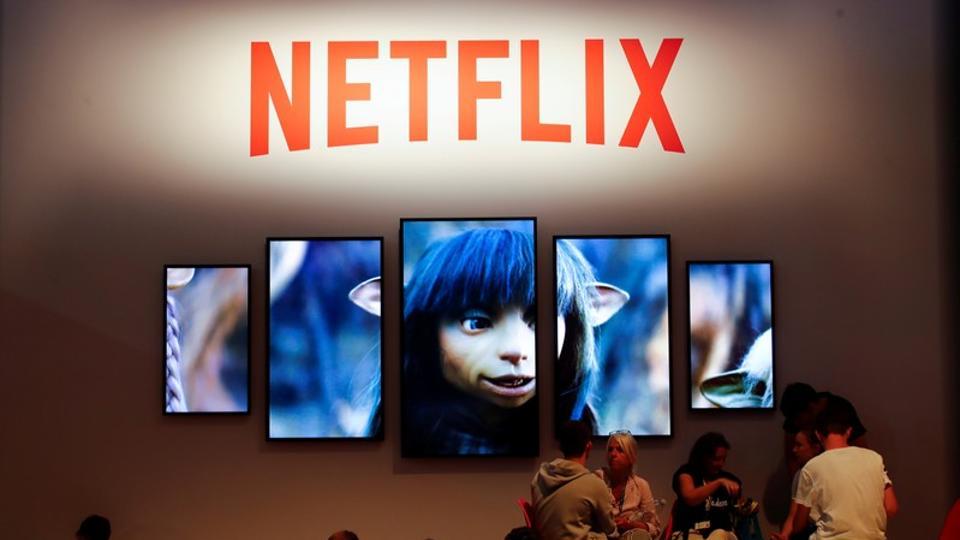10 years and counting: Netflix has revolutionised how the world watches content
Netflix shares have soared nearly 4,100% since the end of 2009

Over the past 10 years, Netflix has led a revolution in the way the world consumes entertainment, and in doing so, it ruled over Wall Street.
The shares have soared nearly 4,100% since the end of 2009, a gain that at one point made Netflix a larger company than Walt Disney by market value. No other S&P 500 component has experienced a return that approached anything like Netflix's this decade; the second-best performer, MarketAxess Holdings, is up a comparably paltry 2,600%. The benchmark index itself is up about 190%, while the S&P 500 communication-services index is up less than 60%.
The advance reflects an industry-wide shift to streaming video, a trend that Netflix has been at the forefront of. While the company first introduced on-demand streaming in 2007, it became a central part of the company's identity in early 2013 with the debut of "House of Cards," a high-profile and big-budget political thriller that would go on for six seasons and be nominated for dozens of Emmy Awards. The bulk of the company's decade-dominating surge came in the wake of the release.
The impact of streaming on the entertainment industry is difficult to overstate. Movie-theater chains have struggled against this new form of competition, while the cable industry has faced an exodus of "cord cutters" abandoning traditional television. Roku Inc., which operates as a platform for streaming services, recently predicted that ad revenue related to streaming would soon eclipse that of traditional TV, while even non-media companies like Facebook Inc. and Apple Inc. have been making investments into original content in a bid to keep users in their "ecosystems."
Netflix was hardly the only company in the streaming space over the past decade -- notable rivals include Hulu and Amazon's Prime Video -- but customers flocked to it, with its global subscriber base expanding from less than 45 million in early 2013 to more than 166 million last quarter. International growth has been a major focus for the company.
Netflix's outlook for the coming decade looks a lot less certain, in large part because it is increasingly facing rivals that recognize the value of streaming rights to popular shows like "Friends" and "The Office." In September, Netflix announced it had won the worldwide rights to "Seinfeld"; it was reported that the deal was valued at close to $500 million, adding to investor unease over Netflix's content costs.
Concerns about competition and Netflix's potential to further grow its user base have contributed to some weakness in the stock in recent months. While shares are up more than 20% in 2019, that represents the smallest gain of the so-called FAANG stocks -- a group that also includes Facebook, Apple, Amazon, and Google-parent Alphabet. While other mega-cap tech stocks set records, Netflix has fallen 21% from highs set back in July 2018.
A key test for the stock will come in late January, when Netflix reports its fourth-quarter results. It will be the first earnings report since the November launch of the Disney+ streaming service, which garnered millions of subscribers almost immediately. Netflix investors have been torn on the impact of that competition, while next year will see even more entrants into the streaming space, including Comcast Corp.'s NBCUniversal and AT&T Inc.'s WarnerMedia.
Catch all the Latest Tech News, Mobile News, Laptop News, Gaming news, Wearables News , How To News, also keep up with us on Whatsapp channel,Twitter, Facebook, Google News, and Instagram. For our latest videos, subscribe to our YouTube channel.































